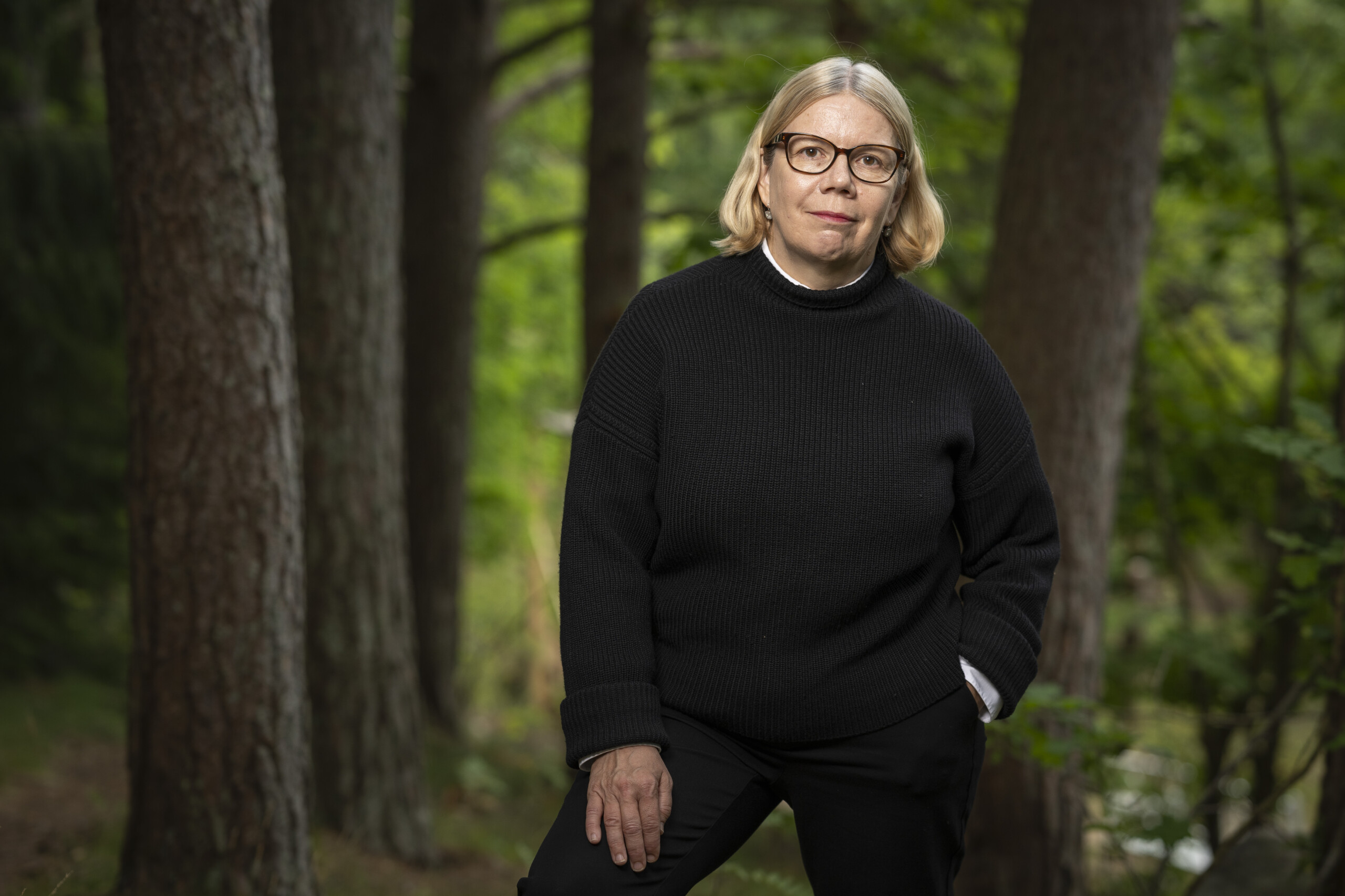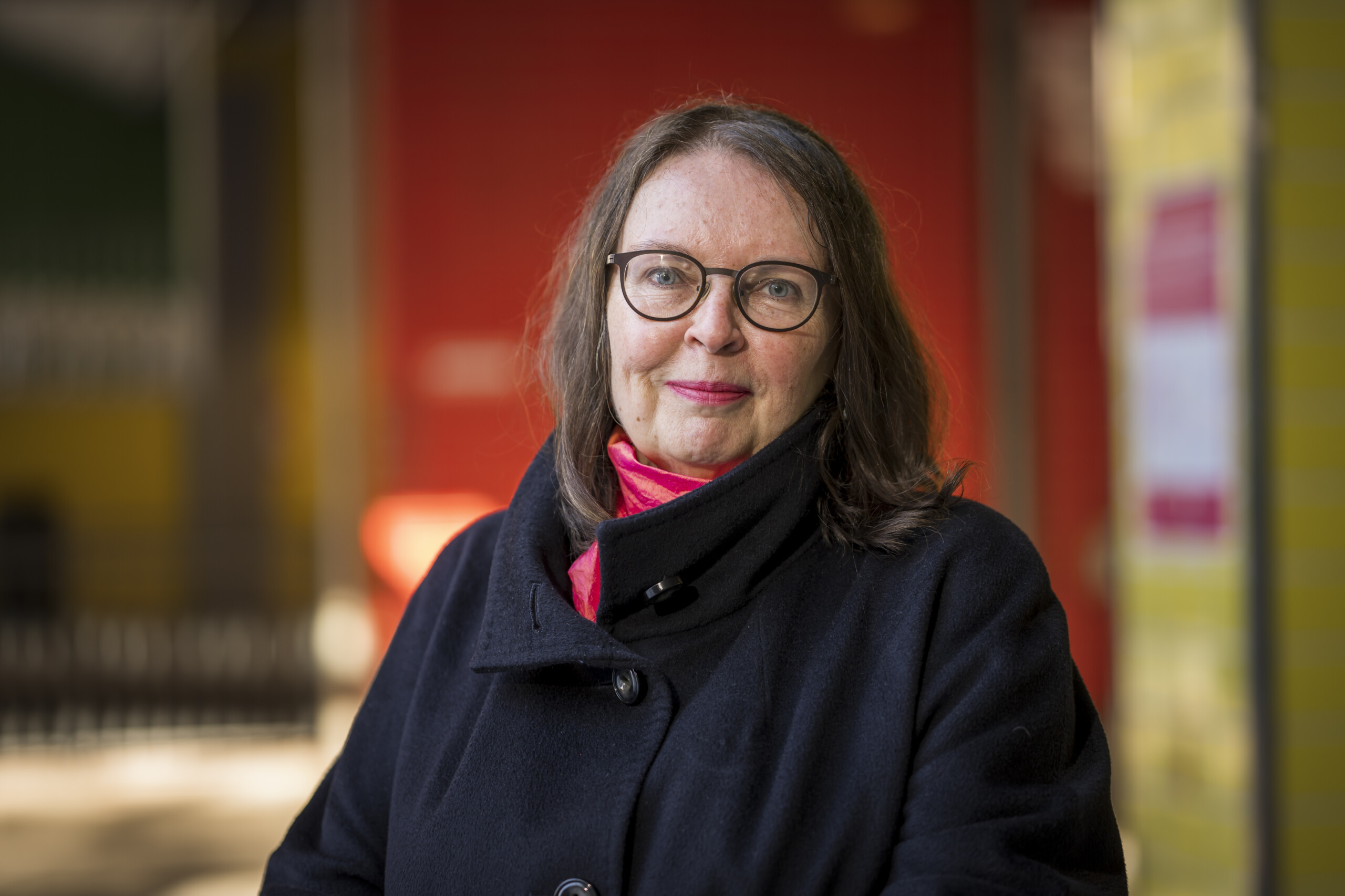People working in the field of research seem to share the same challenge: how to gain visibility to and impact on our work? In communicating our research to fellow experts, decision-makers, and the public, the media and journalists are important collaborators to us.
In accessing media, many of the obstacles are well-known. Media tends to rely on already known and trusted sources, and some fields and topics have more appeal in the public sphere than others. When inviting interviewees to the studio, academic merits are valued to some extent. However, communication skills are important, too. You do not need to be the most senior or the most widely published scholar in your field to become the media’s favorite, if your commentary is relevant and interesting, and you are able to adapt to often busy schedules of journalism.
While academia in Finland is getting more international, one more important obstacle is becoming increasingly visible: the language barrier. It is more difficult to make a breakthrough in Finnish media as a foreign scholar than as a native Finnish speaker.
To help find some very practical solutions to the problem, E2 Research recently invited international academics, journalists and public engagement experts to discuss the matter. Here are some of the key insights and tips that might be helpful for impact-seeking scholars regardless of their field or background.
1 Know yourself – find your own path. There are a variety of options for raising awareness and understanding about your research. Some people like to use social media, some prefer to participate in low-key meetings, and some want to be a part of research platforms or groups to make an impact together. Even if some doors do not open on the first attempt, try to find forms of communication that suit your personality and are accessible to you. Academics are quite often perfectionists, so it is important to remember to be kind to ourselves and others. Let’s encourage that colleague who was interviewed on TV as well as try to share opportunities more evenly with those who have not yet had a chance to do the same.
2 Identify individuals and organizations to whom your work matters.Identifying partners and networks and learning how to popularise research were considered big challenges in a survey for the top-level professors in Finland in 2019. These are therefore common issues in academia regardless of your background or seniority. If finding your path feels difficult sometimes, it may give you some comfort knowing that you are not alone. Perhaps you could team up with your colleagues, Finnish and international, and identify people and organisations that utilize research from your field? Peer support and peer discussion groups can help a lot and be a great first step.
3 Be proactive – if journalists do not call you, you can contact them. When communicating with journalists, it is important to step into their shoes for a moment. How could your expertise best serve them? In communicating with busy people, it is important to be brief, clear, and useful. What are the big, current stories that the media needs to find new angles to every day? Could you provide something novel, fresh, and research-based to that discussion? Before reaching out, it is important to do some homework: who is covering what kinds of stories, which media is covering your field, which journalist? This helps you to identify the people and channels that are most likely to be responsive to you. In addition, it may be useful to make your expertise known to your university’s communication staff. When big stories break out, universities tend to send out contact lists of their experts who are available for this specific subject. Being on that list may help you get that all-important first media interview.
4 Improve your communication skills – one simple exercise can teach you a lot. When communicating, we are often too focused on what we want to say compared to how we should say it to catch our audience’s attention. As research can be complex, it is worth paying attention to the way you describe and explain things. One exercise may be a good eye-opener. Do try and explain in one minute what your research is about to a 5-year-old, a 12-year-old, a 20-year-old, and then to a senior person. What kind of vocabulary would you use? How would you capture their attention, and keep them interested? One of the best ways to do this is to think about what their everyday world is like: can you draw parallels with their everyday environment that they can understand and visualize? Equally, if you talk about your work with politicians, try to understand what problems they are currently trying to solve, and think about how you could make science relevant to them in a way that resonates with their everyday experiences.
5 Could you be an advocate for change? Improving diversity and equality in Finnish society is certainly not only a job for international scholars in Finland but for everyone. Moreover, the advocacy role does not fit us all. However, if it suits you, maybe a little bit of international science activism can be needed to engage with Finnish people who may be a bit stuck in their ways. Perhaps you could push people around just gently, and maybe there’s an opportunity emerging from that. When someone challenges the narrow mindset there could be a realisation that we could and should do things differently. For example: why should it always be native Finns representing a research project in public – how about offering an international scholar for the media interview for a change? When universities share their lists of experts, are foreign researchers working in their ranks included? When science communication events are organized, could at least parts of the event be in English?
While these ideas were tailored to support international academics in gaining access as experts to Finnish media, the hope is that the challenge ahead would resonate also with those working as journalists. Improving diversity within Finnish journalism, and increasing the variety of voices and stories, will require collaboration from us all.
E2 Connect – Building bridges between research and society -event was organized on 17th November in Helsinki. Event guests were international academics from a variety of fields, that live and work in Finland. Panel members were: Erika Benke, a freelance journalist from Oulu; Jaakko Kuosmanen, an Academy Secretary at the Finnish Academy of Science; Eleanna Asvestari, an Academy Research Fellow at the University of Helsinki with a PhD in Physics, and Annu Marjanen, a current affairs producer for Suomen Kuvalehti. The panel was moderated by PhD Mari K. Niemi, who works as a Director in the E2 Research.
Edit. 8.1.2024: The title has been changed. The first title was: ”International academics and media in Finland – how to bridge the gap?”




